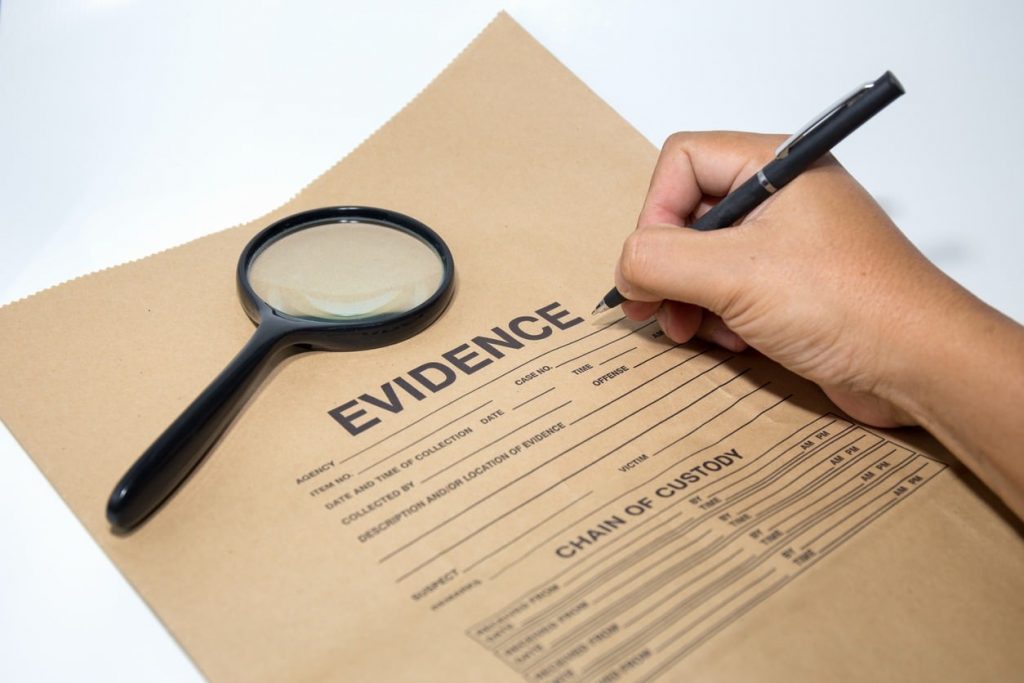If you’re considering filing a complaint against your employer because you think you’ve been discriminated against at work, you should know about the “after-acquired evidence” defense, which your company may assert.
What is after-acquired evidence?
After-acquired evidence refers to information that your employer finds out about (or digs up on) you after you’ve been fired, and is the type of wrongdoing for which the employer would have fired you even if it hadn’t discriminated against you. Put another way, it’s evidence of alleged misconduct that your employer was unaware of at the time it fired you but–had it known about the evidence–would have led to your termination.
In McKennon v. Nashville Banner Publishing Co., 115 S.Ct. 879 (1995), the Supreme Court addressed this issue and held that, although after-acquired evidence would not prevent an employee from proving that discrimination occurred, this type of evidence could limit the amount and type of relief available to remedy the discrimination the employee suffered.
 Reason #1: the after-acquired evidence defense limits the potential money damages in your case
Reason #1: the after-acquired evidence defense limits the potential money damages in your case
To illustrate, say your company fired you because of your gender but later found out that you had engaged in fraudulent business transactions at work. Even if you prove that your employer discriminated against you because you’re a woman, your employer can now point to this evidence of fraud to try and limit the damages you can receive.
That is, your claim for back pay (the money the company would have paid you had you not been fired) may be limited to the time period between when your company fired you and when it discovered the alleged fraudulent activity (the idea being that your company would have fired you anyway at that point). By contrast, if no after-acquired evidence defense is raised, then you may be able to receive back pay from the date you are fired until you get a new job (assuming you have been making a good faith effort to find a new job), which could be months or potentially even years.
Also, if your employer proves its after-acquired evidence it generally will not be required to reinstate/reemploy you or provide front pay, as it otherwise might be required to do.
 Reason #2: your employer may scour your work record searching for mistakes and misconduct
Reason #2: your employer may scour your work record searching for mistakes and misconduct
For your employer to be able to use the after-acquired evidence defense, it must find evidence in your work history of misconduct or severe job performance problems. This means that once your employer knows you are going to file an employment discrimination lawsuit, it likely will be reviewing your personnel file with a fine tooth comb, talking with co-workers about questionable conduct or work deals, and pointing a very critical eye to your and/or your team’s performance in the year(s) prior to your employment discrimination complaint.
Another common example of the kind of misconduct employers may point to is if the employee has improperly taken the company’s confidential, proprietary, or privileged documents, and the company can show this violated a law or company policies.
The misconduct or poor job performance must be sufficiently severe for your employer to credibly argue it would have fired you based on this conduct alone. And a court may want to see evidence from your employer that it has treated other employees who engaged in this type of misconduct the same way. So if the employer also fired these similarly situated employees, then your damages will likely be limited by the after-acquired evidence defense.
Reason #3: the after-acquired evidence defense might also help your employer win the case (not just limit your damages)
Aside from limiting your potential monetary damages if you win your employment discrimination case, your employer may also try to use after-acquired evidence to aid its defense on the merits of the case. A federal appellate court has ruled that after-acquired evidence of misconduct can be used to corroborate the legitimate, non-discriminatory reason for which your employer claims it fired you. This means that your employer may try to use after-acquired evidence defense to show at trial and/or at the summary judgment phase that it had a legitimate, non-discriminatory reason for firing you.
Talk with an experienced employment discrimination lawyer
If you think you have been discriminated or retaliated against at work, it is important to talk with an experienced employment discrimination attorney to protect your legal rights and discuss your options. Likewise, if you believe your employer may try to use after-acquired evidence of misconduct or poor job performance, it is vital to tell your attorney as early as possible so they can help you best prepare your case and for this defense.
